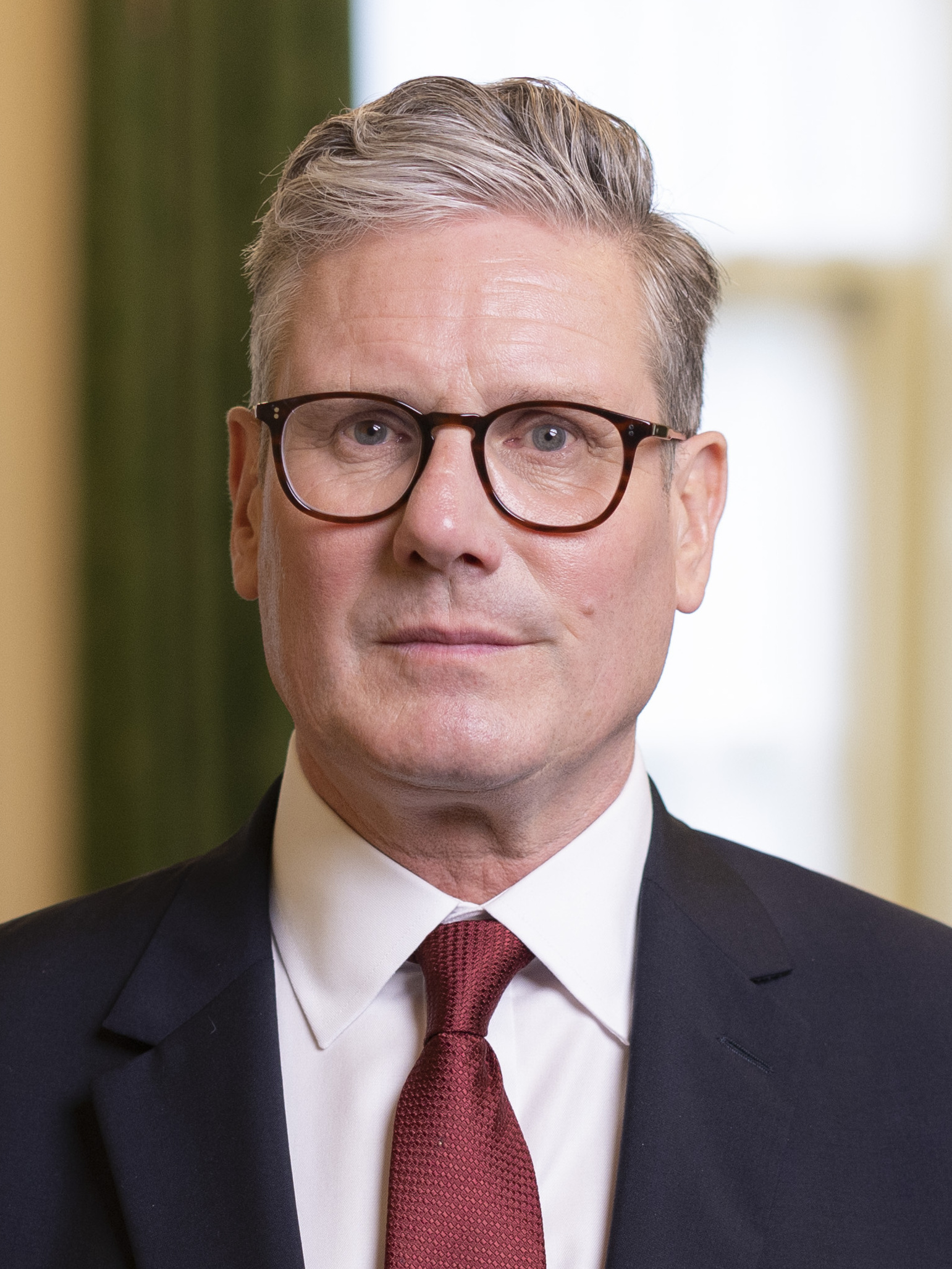
UK GOVT ANNOUNCES PLAN TO INCREASE UNIVERSITY TUITION FEES IN 2025
According to a story published by The Telegraph of London, the UK government of Prime Minister Keir Starmer intends to raise tuition costs at colleges starting in September 2025.
It will be the first rise in eight years.
Bridget Phillipson, the education secretary, is anticipated to declare that tuition will increase in accordance with the inflation of the Retail Price Index.
The fee increase would impact A-level students who are now applying to universities, as it is anticipated to take effect in September 2025.
Since 2017, the tuition fee has been fixed at £9,250. The Labour Party government has not yet decided which month’s inflation data to use as a benchmark, but if it were to use the current rate of 2.7%, fees would increase to roughly £9,500 starting in the next year.
READ ALSO:
According to earlier rumours, for the next five years, the government would increase tuition costs to £10,500. The Telegraph is aware that while they contemplate a comprehensive overhaul of the current system, ministers are unable to commit to any improvements past the upcoming academic year.
The action comes as worries about the financial situation that many institutions are currently experiencing have grown, with 40% of English universities anticipating a deficit this year.
In 2012, tuition prices were increased to £9,000 by the Coalition government. In spite of the recent spike in inflation, fees have remained unchanged since then, rising to £9,250 in 2017.
According to the Russell Group of prestigious institutions, they are currently losing over £4,000 for every UK student as a result of the tuition fee cap.
A sharp decline in wealthy foreign students after a Tory crackdown on dependent visas has also hurt university funding.
According to data from the Home Office, there were 16% fewer visa applications submitted between July and September than during the same time period in 2023.
The industry had been heavily supported by international students, who usually pay three times as much as or even four times as much as local students. The abrupt decline in enrolment has deprived institutions of an essential lifeblood and intensified demands for prompt action from the new administration.
According to people familiar with the talks, The Telegraph was expecting that Rachel Reeves would acknowledge the gravity of the situation by announcing a modest increase in tuition fees in the budget last week.
In her first budget, the chancellor did not, however, announce any additional money for the higher education sector.
The Telegraph understands she would have faced significant pressure to couple an interim increase in tuition fees with a reinstatement of maintenance grants, which would be at huge expense to The Treasury.
Modelling previously studied by Labour suggested reinstating the grants at a boosted £4,009 could cost up to £2.3 billion a year, The Telegraph revealed last year.
Announcing a tuition fee rise outside of a fiscal event is expected to buy the government time to finalise its shake-up of the university funding model.
Phillipson is expected to announce the inflation-linked rise in fees as a “first step” towards root-and-branch overhaul of the current system.
British universities have been badly hit by the decline in the number of foreign students applying to them.
According to the Office for Students, 40% of English universities are running unsustainable deficits. Shitij Kapur, vice-chancellor of King’s College London, has predicted that this will rise to 80%, while only fees of £12,500 (up from today’s £9,250, fixed in 2017) would start to correct the crisis.
